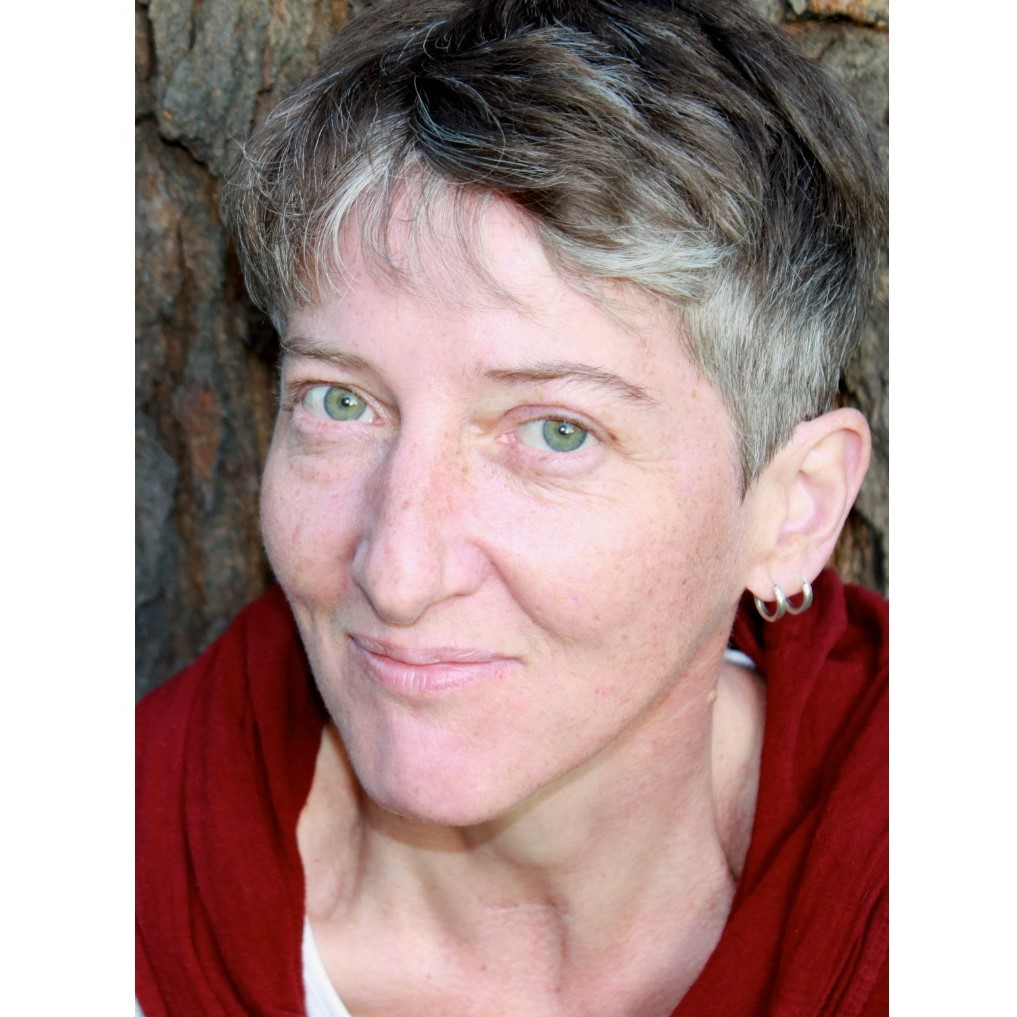- What do you enjoy most about teaching?
I love the never ending variety and the ability to reinvent myself when I get bored or fed up. The fact that there is always something to learn about the students or how to teach is just great. - What has been your proudest or most exciting moment as an English teacher?
A couple of years after I had started teaching, my boss at the school I was working in at the time (in Hamburg) asked me to be part of the in-house teacher training team that he wanted to form. My first reaction was to run, but after giving it some thought I knuckled down to learn about the various methodologies and did some courses at Pilgrims in Canterbury (paid for by my school). I then taught our other language teachers on our annual summer program for about 5 years. I also organised a once-a-month teachers’ skills meet-up/exchange workshop. I loved the buzz of having risen to the challenge and how it made my brain feel like it was too big for my skull. - What has been hardest?
In my first few years as a teacher my knowledge of grammar was pitiful and I had nightmares about my students noticing that I was learning about the language at the same time they were. - Why did you make the career change and become a teacher?
Many years before I went to Germany or started teaching I met an English teacher and just loved the stories he told me about his job. At the time it didn’t enter my mind that I’d be able to do anything like that but the stories stayed with me. Then after moving to Hamburg an advert in a newspaper for a CELTA course leapt out at me. I have never looked back! - Teaching can be a lot like gigging – being the centre of attention of an unforgiving audience. How does it compare to your busking experience (And did such experience help)?
I have always loved “performing” and busking gave me a confidence that I still benefit from today. What both jobs have taught me is that if you’re good at what you do and are having fun people respond to you and want to share in it – and I love the connection that that brings about. - What charities did you work for?
I did some voluntary work for an arts charity in London for a while and later got an office job in an organisation that worked with people with learning difficulties. - You’ve had an interesting and varied career path; with hindsight, have there been any consistent threads leading you towards English teaching?
I think my enjoyment of forming a connection with people has been the consistent thread. In all the jobs I have done I have been part of a team in one way or another. Teaching English is like the icing on the cake. - Over your eighteen years teaching, have you noticed any changes in the field (such as technology or methodology)?
Yes, the technology of course – I am quite a traditional paper-centered teacher so that often feels overwhelming. As far as methodology goes – the move from vocabulary/grammar to lexis has been profound, I think. Also the shift away from the teacher as being the source of all knowledge to putting the students at the center of their own learning has gained strength since I started. - Have you taught in any other countries (or would you like to)?
No, I haven’t but I’d like to – although other projects in my life might keep me here. - Oh no! You’ve been asked to teach a lesson in five minutes… What’s your go-to activity?
What I’ve always got in my bag are slips of blank paper. I’d get the students to write notes or questions to pass around. The conversations that ensue and the wonderful mistakes that they make would give us enough fodder to fill a 90 minute lesson easily.
Edited by Kit Flemons

